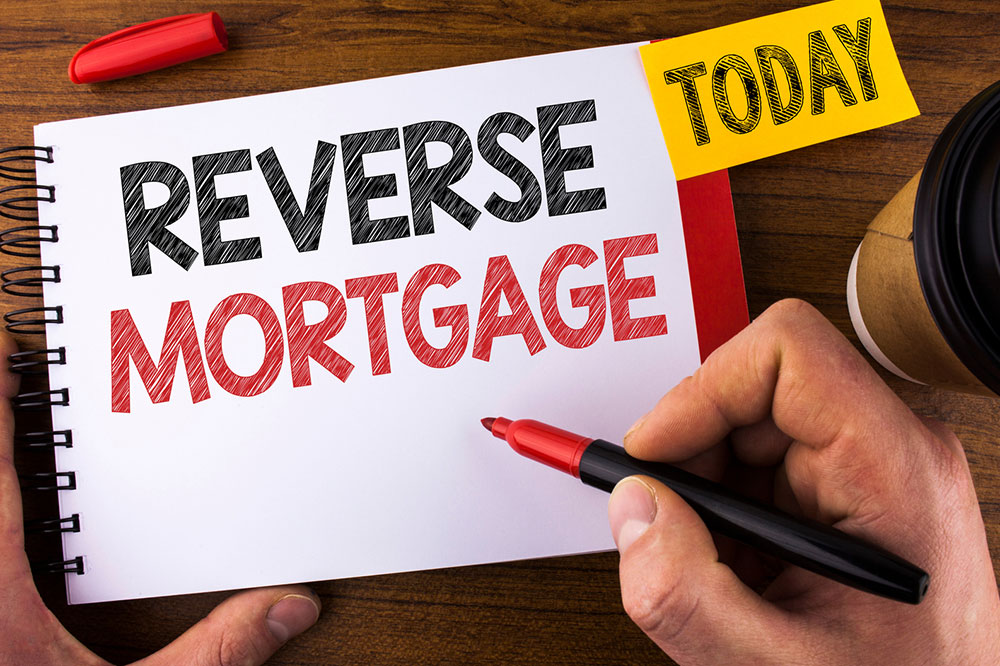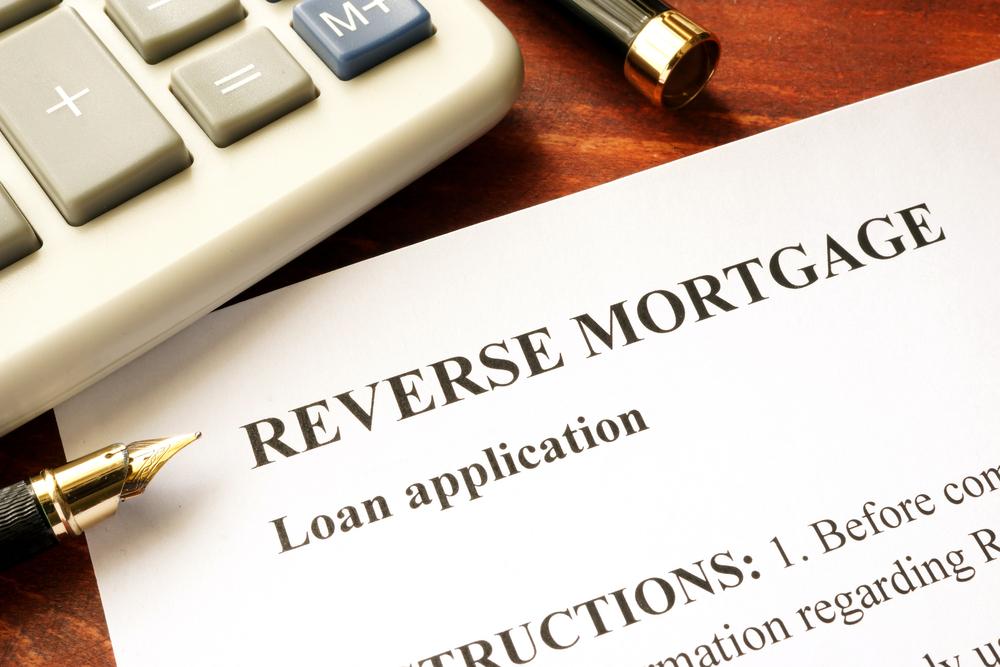Comprehensive Guide to Eligibility Criteria for Reverse Mortgages
This detailed article explores the eligibility criteria for reverse mortgages, outlining age, property ownership, financial stability, and the essential steps involved. Designed specifically for seniors, it offers insights into qualifying requirements and how to access funds effectively. Whether you're considering a reverse mortgage for financial relief or to fund retirement, understanding these criteria ensures informed decisions and secure borrowing experiences.

Understanding the Eligibility Requirements for Reverse Mortgages
A reverse mortgage has become an increasingly popular financial tool for senior homeowners seeking to improve their cash flow by unlocking the equity built up in their homes. This financial product can provide significant relief, especially for retirees needing additional income sources. Unlike traditional loans where borrowers make monthly payments to lenders, a reverse mortgage allows homeowners to convert a portion of their home equity into accessible funds while retaining ownership of their property. The process is designed specifically for eligible seniors, helping them meet their financial needs comfortably and securely.
The U.S. Department of Housing and Urban Development (HUD) oversees a key reverse mortgage program known as the Home Equity Conversion Mortgage (HECM). This program is tailored to help qualifying senior homeowners to tap into their home equity in a manner that is both flexible and secure. However, eligibility for a reverse mortgage is subject to specific criteria designed to ensure applicants are suitable and capable of managing the financial responsibilities involved.
Basic Eligibility Criteria for Reverse Mortgages
To qualify for a reverse mortgage, applicants need to meet a set of essential requirements focusing on age, property ownership, financial stability, and residency:
Applicants must generally be at least 62 years old to be eligible for the reverse mortgage program. In cases where a spouse is under 62, there might be specific conditions under which they can also qualify, but this is subject to lender approval.
Your property must be your primary residence and should be titled in your name. Properties that are used for rental income, such as multi-unit rental properties or commercial properties, are usually not eligible.
Condominiums, mobile homes, or manufactured homes need to comply with HUD standards to be eligible for a reverse mortgage. Non-compliant homes typically cannot qualify.
If you currently have an existing mortgage, you may still qualify for a reverse mortgage, provided the existing loan is paid off before the new loan is drawn. Lenders will carefully evaluate your ability to manage your current financial obligations.
Borrowers are expected to stay current on all federal taxes, insurance premiums, and other government-related debts. Any overdue obligations must be settled; in some cases, reverse mortgage proceeds can be used to cover these costs.
It’s also recommended that applicants reserve some of the loan proceeds for ongoing property expenses, including taxes, homeowners insurance, maintenance, and necessary repairs, to maintain the property’s value and compliance with loan terms.
Before final approval, candidates are required to undergo a counseling session with a HUD-approved housing counselor. This step ensures that applicants fully understand the terms, repayment conditions, and implications of taking out a reverse mortgage. Counseling also helps verify eligibility and confirms that the borrower can manage the financial responsibilities involved.
Once approved, borrowers have multiple options to access the funds, based on their financial needs and preferences:
A revolving line of credit that can be drawn upon as needed by submitting written requests.
Scheduled fixed payments over a prearranged period, providing predictable income streams.
Monthly disbursements regardless of the remaining home equity, suitable for consistent income needs over time.
This comprehensive guide provides clarity on the various requirements and processes involved in qualifying for a reverse mortgage, helping seniors and their families make informed financial decisions. Understanding these criteria ensures that borrowers can confidently navigate the application process, ultimately leveraging their home equity in a safe and beneficial manner.




